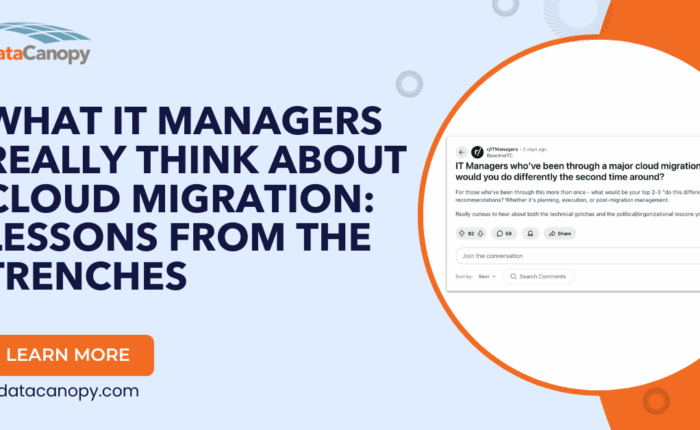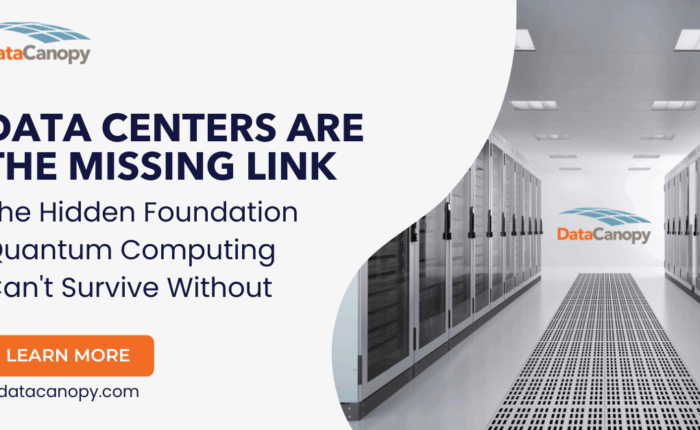There has been a lot of discussion lately about the costs and benefits, including potential drawbacks, of cloud computing. Dropbox’s well documented repatriation made headlines as it reported a 34% increase in gross margins in just two years. This and other stories have companies of all sizes wondering if virtualization is for them and if they embark on a cloud journey, what benefits will actually be gained.
The reality is – it depends. Each company is different and yes, if you are a company spending $100M on public cloud infrastructure, you probably want to consider how much of that can be brought in house to realize savings. Most companies, though, aren’t spending that and will find savings across many aspects of their company by virtualizing in either a private, public, or hybrid infrastructure. The real key there is knowing what fits best for your company.
And how do you figure out what fits best for your company? There are a few questions you can ask to get a clearer picture of what you really need.
- What can your company support? One of the biggest challenges that companies embarking on a cloud journey face is a lack of on-staff expertise in the cloud. When you don’t know what you don’t know, it’s really easy to overlook small items that result in big expenses. Before coming to us, a client of ours had their cloud spend increase 10x due to unforeseen egress fees with AWS. It happens. This risk shouldn’t freeze your IT initiatives in 1999 and keep you from virtualizing anything at all, though. On-premise hosting presents a ton of challenges, including the lack of power and network redundancy (so outages are not only likely in a severe weather event, but can be devastating), and IT staff is focused on the care and feeding of servers instead of strategic work, your ability to scale is also greatly diminished. Evaluating the risks, your goals, and your capabilities with cloud experts can help you to determine the best strategy to get your team focused on your business and your technology successfully supporting it.
- What *really* needs to go where? The choice isn’t between AWS or on-premise hosting. There are a myriad of other options out there to consider and ultimately, a mix of several may be the right combination for your organization. For many companies, AWS is great for a portion of their environment, but there are other options – dedicated private cloud for instance – that can help to keep costs in check and allow companies that don’t have the requirements or capabilities to host themselves realize meaningful savings and keep their cloud practice on target.
- Why do you want to go to the cloud? What are your goals? And not just your technology goals, but your business goals? Is it just to save costs? Or do you want to improve efficiency? Get to market quicker? Understanding your priorities as a business will help you to shape your cloud journey appropriately so that the applications and processes critical to achieving your goals are prioritized and supported appropriately. Your cloud partner must lead you through a transformative discovery process to get a clear picture of your current and desired state – not just what infrastructure goes where, but what outcomes are core to supporting your business goals.
So, should you go to the cloud? Virtualizing with cloud experts by your side can be a beneficial journey that makes your company more resilient, competitive, and scalable. If you have questions about what your cloud journey should look like or need a trusted partner to help you on your way, contact Data Canopy today.



